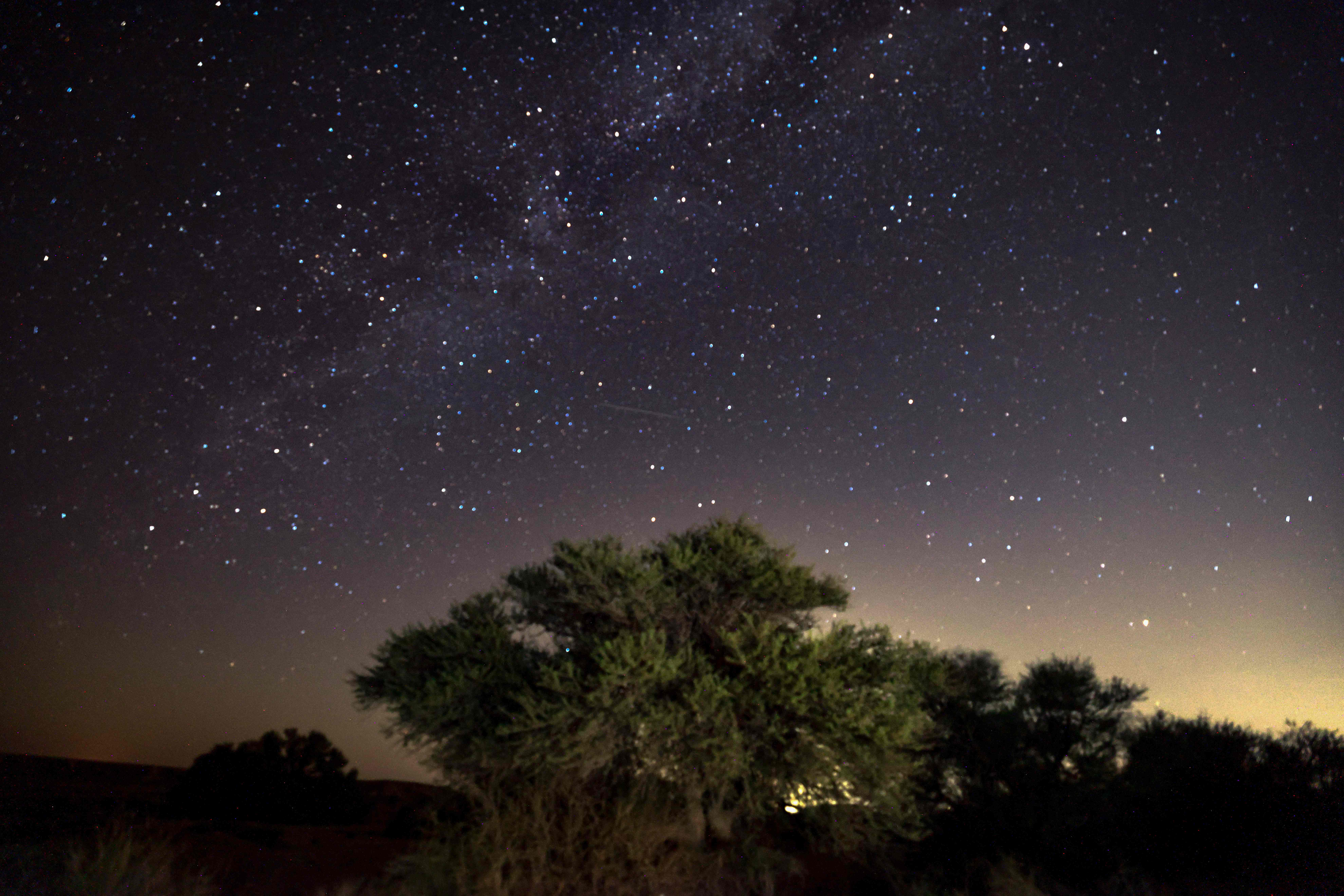Nasa spots shocking number of galaxies like our own in early universe
Findings force scientists to rethink story of how the universe formed

Scientists have spotted a shocking number of galaxies like our own in the early universe.
The finding will prompt us to entirely rethink our understanding of how the universe formed the structures that surround us.
Looking deep into space, scientists found that the galaxies we see in the early universe are much more like our own Milky Way than was thought possible.
A team of international researchers including those at The University of Manchester and University of Victoria in Canada, used the James Webb Space Telescope (JWST) to discover that galaxies like the Milky Way are 10 times more common than what was believed based on previous observations with the Hubble Space Telescope.
Many of these galaxies formed some 10 billion years ago or longer, going far back into the history of the universe.
The Milky Way is a typical disk galaxy, with a shape similar to a pancake or compact disc, rotating about its centre and often containing spiral arms.
These galaxies might be the kind where life can develop given the nature of their formation history, experts suggest.
Astronomers previously considered these types of galaxies too fragile to exist in the early universe when galaxy mergers were more common, destroying what was thought to be their delicate shapes.
Christopher Conselice, professor of extragalactic astronomy at The University of Manchester, said: “Using the Hubble Space Telescope we thought that disc galaxies were almost non-existent until the universe was about six billion years old, these new JWST results push the time these Milky Way-like galaxies form to almost the beginning of the universe.”
He added: “These JWST results show that disc galaxies like our own Milky Way, are the most common type of galaxy in the universe.
“This implies that most stars exist and form within these galaxies which is changing our complete understanding of how galaxy formation occurs.
“These results also suggest important questions about dark matter in the early universe which we know very little about.”
“Based on our results, astronomers must rethink our understanding of the formation of the first galaxies and how galaxy evolution occurred over the past 10 billion years.”
The researchers say their findings, published in the Astrophysical Journal, completely overturn the existing understanding of how scientists think the universe evolves, and the scientists say new ideas need to be considered.
Lead author Leonardo Ferreira, from the University of Victoria, said: “For over 30 years it was thought that these disc galaxies were rare in the early universe due to the common violent encounters that galaxies undergo.
“The fact that JWST finds so many is another sign of the power of this instrument and that the structures of galaxies form earlier in the universe, much earlier in fact, than anyone had anticipated.”
The improved technology of JWST allows astronomers to see the true structure of these galaxies for the first time.
A paper describing the findings, ‘The JWST Hubble Sequence: The Rest-Frame Optical Evolution of Galaxy Structure at 1.5 The Astrophysical Journal.
Additional reporting by agencies
Subscribe to Independent Premium to bookmark this article
Want to bookmark your favourite articles and stories to read or reference later? Start your Independent Premium subscription today.

Join our commenting forum
Join thought-provoking conversations, follow other Independent readers and see their replies